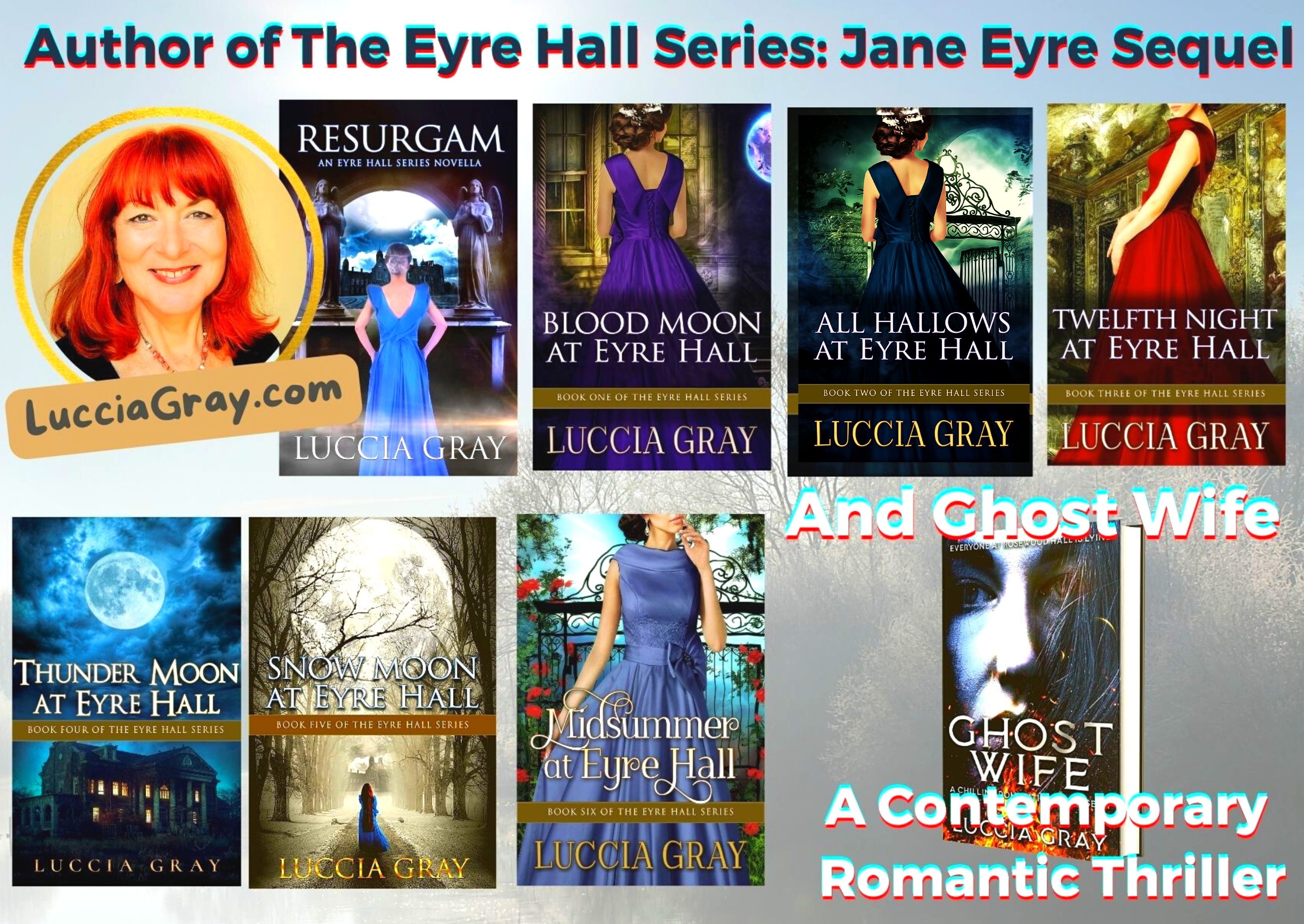This post is written in response to Linda G. Hill’s prompt on Stream of Consciousness Saturday. Today’s theme is “vary/very.” Anyone can join in! Enjoy posting and/or Reading other posts here!
Vary Your ‘Very’ (Or Better Still Just Delete It!)
This is something I’ve written about before, but it’s a subject that gets me all worked up, so I’ll talk about it again.
I hate the word ‘very’.
‘But why?’ You may ask. ‘Very’ is a nice little word. It could be, if it appeared every now and again, but it becomes a crutch, or even worse, an annoying habit.
I hate coming up with ‘very’ continuously when I’m reading, and believe me, it usually is continuous. Writers either use it too much, or don’t use it.
The only words I hate more than very are ‘a bit’. The three make me cringe, painfully.
Fortunately, there are two solutions to the ‘very’ issue:
- Leave them out. Just scan your document for them and delete. Easy. Read your text again. See, I told you, there’s no difference, is there? Wrong. There is a difference, you’ve improved your text, immensely!
- Second option. Vary your ‘very’. Think of alternatives. Be creative. Change the words for another stronger adjective or a superlative, make the adjective into an adverb, use a complete clause, or metaphor, or even a simile, anything will be better than ‘very’.
Some examples for improving ‘very’:
‘very beautiful’ : stunning?
‘very silly’: idiotic? The silliest person I’ve ever met?
‘very far’: a long distance / too far to walk / from here to Land’s End?
‘very tired’: exhausted? Worn out? As if I had walked to Rome?
‘very slow’: slowly?
‘very cross’: furious? Mad enough to kill him?
Very clever: ingenious? Intelligent? Brilliant?
I said I hated every ‘very’, but there are two which are on the top of my list of detestable expressions.
The worst are ‘very good’ and ‘very bad’.
Let’s face it, your character is either bad, or wicked, or evil, or even a monster, but ‘very bad’, that’s so weak, it makes me want to cuddle him.
‘Very good’ irritates me no end. What do you mean ‘very good’? If it’s food, is it delicious? If it’s a job well done, is it excellent? Is it great? If it’s a character, is he adorable? Perhaps to die for?
I say ‘very good, one more time’, or ‘very good, try again’, to encourage my students when they do something badly! That’s absolutely true, all teachers know it’s true.
Come on, teachers never say ‘very bad’, do they? But when they say ‘very good’, it’s never enough. I’m almost certain that ‘very good’ isn’t anywhere near good for most people. If it really is good, use another word, don’t put ‘very’, or you’ll ruin it!
I feel mentally drained after this rant. I need to go for a run and let some steam off. I’ve written ‘very’ so many times, I couldn’t even try to get any work done, because I feel ‘very silly’.
Remember, don’t have a ‘very good’ weekend, have a wonderful weekend!
****
PS If I haven’t convinced you, perhaps Mark Twain will:
Substitute ‘damn’ every time you’re inclined to write ‘very;’ your editor will delete it and the writing will be just as it should b
This is a wonderful chart I’ve used in class.
PS I forgot to say that the only time ‘very’ would be acceptable is if it’s used in a dialogue, but be warned, I’m going to be very suspicious of the character’s intellect!


It’s also a good V for the A-Z challenge! I’m very 😉 certain of that!
LikeLiked by 2 people
Very good post! I liked it very much! Oops, sorry. Excellent post! I enjoyed it enormously!
Love the quote from Mark Twain. I hadn’t heard it before. Its effectiveness is in its humour. The chart too is great, a useful tool. Thanks for sharing.
LikeLiked by 1 person
Thank you! It was a bit of a rambling rant! I forgot to say, that I never used to think about these superfluous and annoying words until I started writing novels and flash fiction.
LikeLiked by 2 people
I think it is important that all writers think about these things. And act on them, or edit them out.
LikeLiked by 1 person
Great advice on not relying on a language crutch and instead expanding your vocabulary to improve your writing.
LikeLiked by 1 person
Thank you for dropping by, commenting, and following 💖🌹
LikeLike
I like this very much! Hee, hee…I loathe very for the very reasons you cite. It’s a weak crutch and an indicator that a stronger word or action is called for. Recently I began a book in a series that is not written by the original author (he died before completing the final book). He left notes and his widow did a search for a writer who is a NYTimes best-seller, yet he uses “very”! It’s so hard to read this beloved story with that damn word popping up like an intrusive weasel. (I like the Mark Twain quote, too.)
LikeLiked by 1 person
Oh dear! The book obviously needs a better editor!
LikeLike